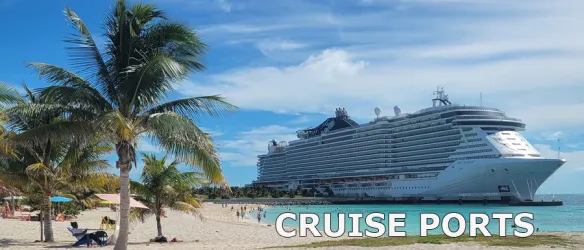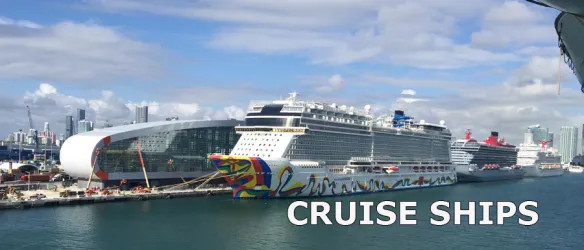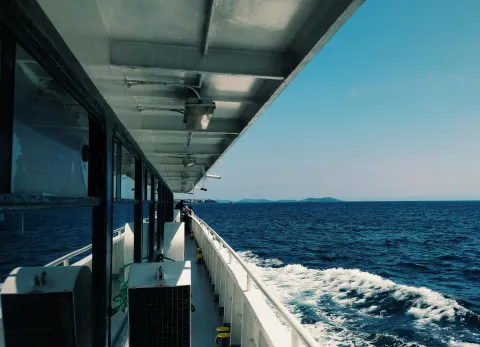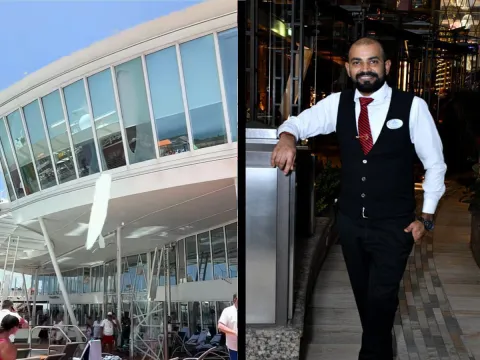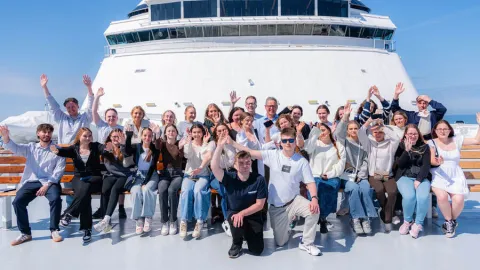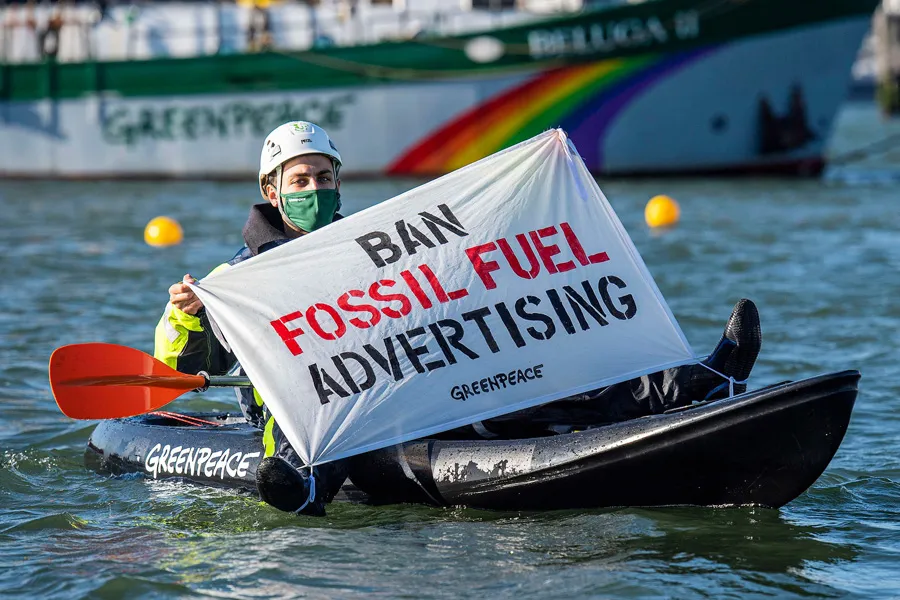
The Hague, located in the western Netherlands, will be the first city in the world to ban advertising of fossil fuel-related products and services. From January 1, 2025, advertisements promoting petrol and diesel cars, flights, and even cruises will be prohibited on public spaces like billboards and bus stops throughout the city.
With a population of around 550,000, The Hague is the political heart of the Netherlands, home to the Dutch government and several international institutions. After two years of intense debate, the municipality voted in favor of the law. The legislation is aimed at reducing the promotion of activities that contribute to greenhouse gas emissions, aligning with The Hague’s broader climate goals.
While the law covers public advertising, it allows some exceptions. Ads for fossil fuel-related products and services will still be permitted on or inside buildings where these services are offered, such as petrol stations and businesses. This adjustment helped the proposal gain enough support to pass, with a close vote of 24 in favor and 21 against.
The inclusion of industries like cruises and air travel sparked debate. Cruises, known for offering luxury travel experiences, have come under scrutiny for their environmental impact, with emissions comparable to air travel in some cases.
Robert Barker, environmental councillor from the Party for the Animals (PvdD), which led the initiative, argued that fossil fuel advertising drives consumption of highly polluting products. “Fossil advertising encourages people to take flights or buy polluting cars,” Barker explained. “That contributes to the climate crisis, while we want to combat it.” For Barker and his supporters, the ban sends a clear message that sustainability should be prioritized over convenience and luxury.
However, the law faced opposition from parties such as VVD, Hart voor Den Haag, and PVV, who questioned its feasibility and potential to alienate residents. Critics argued that banning ads for cruises and air travel could come across as "patronizing" and pointed out the challenge of enforcing such a law in an interconnected world where these industries remain popular. Despite these concerns, the legislation passed with a slight majority.
The Hague’s ban on fossil fuel advertising is expected to set a precedent for other cities around the world. By including cruises, flights, and other fossil fuel-powered industries in the ban, the city is taking a bold stance on what can and cannot be promoted in public spaces.
Photo credit: Greenpeace


